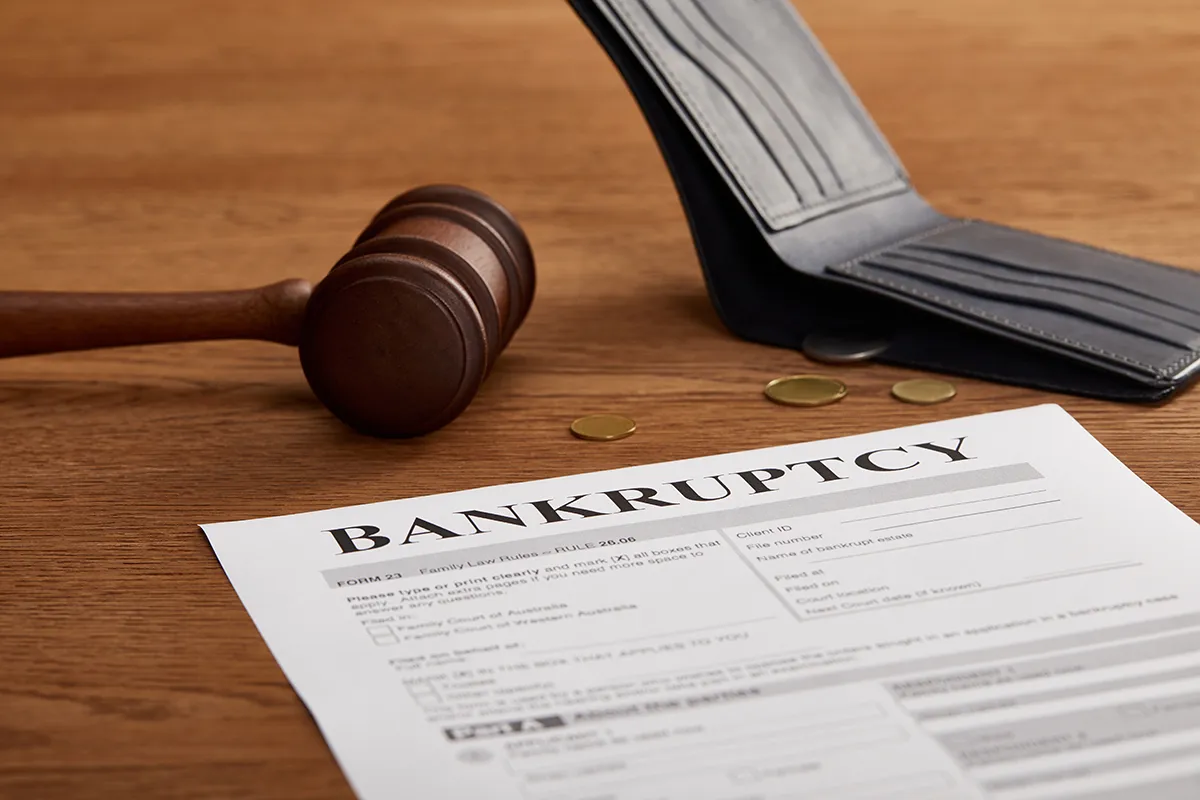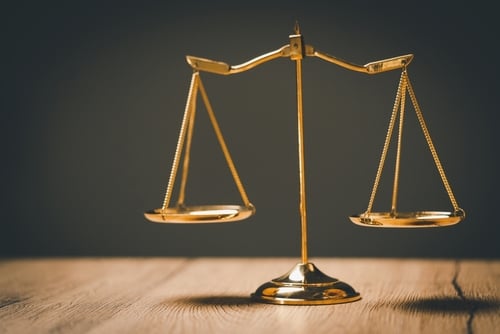Chapter 11 Bankruptcy
Chapter 11 bankruptcy is most often utilized by businesses, (although some individuals use it when their debts exceed the limits granted under Chapter 13) and is therefore considered a “reorganization” bankruptcy proceeding. Chapter 11 bankruptcy proceedings allow businesses to continue operating while restructuring their debts. Businesses ranging in size and scope from large multinational corporations to relatively small partnerships utilize Chapter 11 to pay off debts over time without having to sell assets or cease operations.

Who Files for Chapter 11 Bankruptcy Protection?
The most common candidates for filing Chapter 11 are corporations, partnerships and limited liability companies, with most individuals typically filing bankruptcy under Chapter 7 or Chapter 13. In a Chapter 11 proceeding, a business typically files in the state where it primarily conducts business operations, though it can also file in a state of incorporation (i.e. Delaware, in many instances).
Upon filing for Chapter 11, an automatic stay is put into place prohibiting any further debt collection actions or foreclosure proceedings. In the case of a small business, it then has an exclusivity period of 120 days (with possible extensions of up to eighteen months) to devise a reorganization plan for the court to approve. In the case of a corporation, committees of stockholders and creditors attempt to negotiate a fair plan of reorganization. A typical Chapter 11 case will take up to two years to resolve.
ABC

Restrictions Imposed Under Chapter 11 Bankruptcy
Upon filing, and prior to a reorganization plan being put into place, a business is still permitted to conduct operations as a “debtor in possession.” This is a significant benefit of pursuing a Chapter 11 bankruptcy reorganization. However, in spite of no trustee being appointed, several operational limits are placed upon the debtor. For instance, the bankruptcy court must now approve any sales or leases of real estate.
Any mortgages or other forms of secured financing must now also be approved by the court, as well as any expansion or ceasing of business operations. Additionally, any contracts related to vendors, unions, or licensing, as well as any attorney or other professional fee arrangements must now be court approved. Meantime, any evidence of debtor fraud, incompetence or mismanagement of affairs can result in the bankruptcy court appointing a trustee to seize operations from the debtor.
Confirmation of Chapter 11 Reorganization Plans
Following the conclusion of the exclusivity period, creditors are given the opportunity to vote on the reorganization plan devised by the debtor. If creditors are dissatisfied, they can propose a competing reorganization plan. In essence, a Chapter 11 reorganization plan represents a contract between the debtor and its creditors as to how the debtor in possession will continue operations while taking steps to meet its outstanding debt obligations.
Reorganization plans will almost always include provisions related to “impaired” claims – or those claims that will not be paid in full when originally due. In order for a reorganization plan to get approved – or confirmed – by the bankruptcy court, at least one impaired creditor class must vote in favor of the plan. Although this vote is necessary, ultimately, it will still be in the hands of the court to decide whether the debtor’s reorganization plan is confirmed.
A bankruptcy court will utilize several criteria in determining whether to confirm a Chapter 11 reorganization plan. These include feasibility – as the debtor must prove its ability to generate sufficient revenue to pay off creditors and cover expenses. The plan must also be in the best interests of creditors – meaning that creditors are to receive at least as much under the Chapter 11 reorganization plan as they would under a Chapter 7 bankruptcy liquidation.

This will still usually involve the debtor paying its creditors only a fraction of what is truly owed. In the event that creditors vote against the proposed plan, it must also clear the fair and equitable test. This means that secured creditors must be paid, at the minimum, the value of their collateral (property, inventory and/or equipment). Additionally, any equity holders will forfeit all ownership rights upon plan confirmation unless all obligations are paid in full over time.

Results of Chapter 11 Bankruptcy
Unfortunately, most Chapter 11 reorganization attempts fall short of successful execution, with studies indicating fewer than 20% of reorganization plans succeed. More often than not, cases are dismissed by mutual agreement of the parties involved – with the result being that debts are owed in full, or converted to a Chapter 7 liquidation, in which assets are sold to repay creditors. Therefore, prior to pursuing Chapter 11, it is important for a debtor to consider possible viable alternatives including debt consolidation and debt settlement.
Debt Relief Reviews
Get Debt Relief
Speak with licensed debt specialists dedicated to guiding you toward financial stability every step of the way.

Ready To Get Started?
See if you qualify for debt relief. Get a Free savings estimate to see how quickly you can be debt free.
Embrace financial freedom with our tailored solutions, expert guidance, and unwavering commitment to your success.
Experienced Professionals
Our experienced team has helped thousands of clients successfully eliminate debt and regain financial freedom.
Customized Solutions
We know every financial situation is different, so we design personalized debt relief plans to fit your specific needs and goals.
High Success Rate
Our proven debt relief strategies deliver real results. With a strong track record of success, we help clients achieve lasting financial stability.
Confidential Consultation
Your privacy is our priority. All debt relief consultations are 100% confidential and handled with the highest level of discretion.
Explore other blogs











